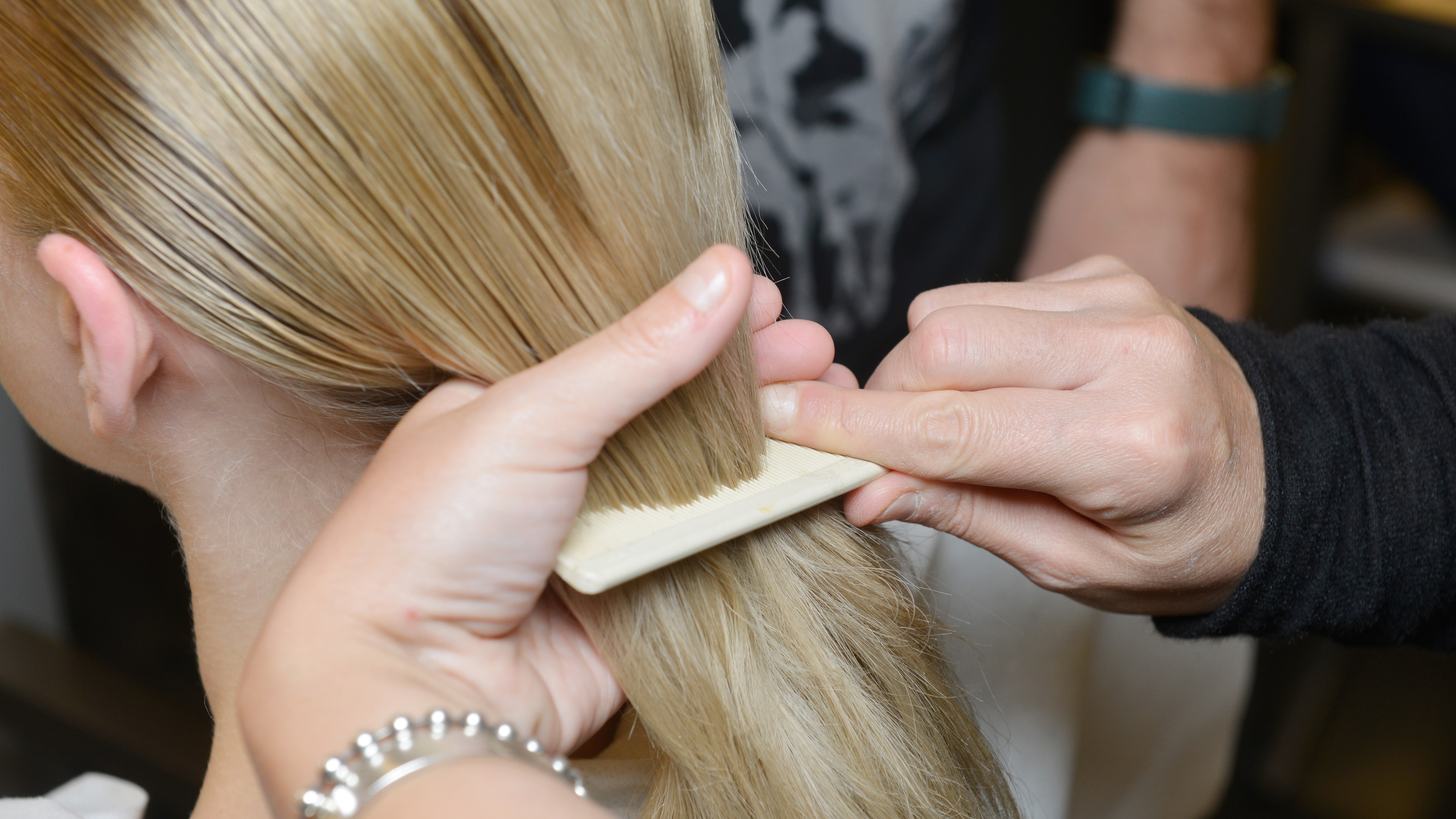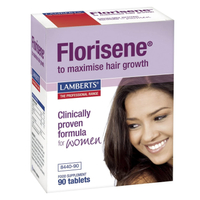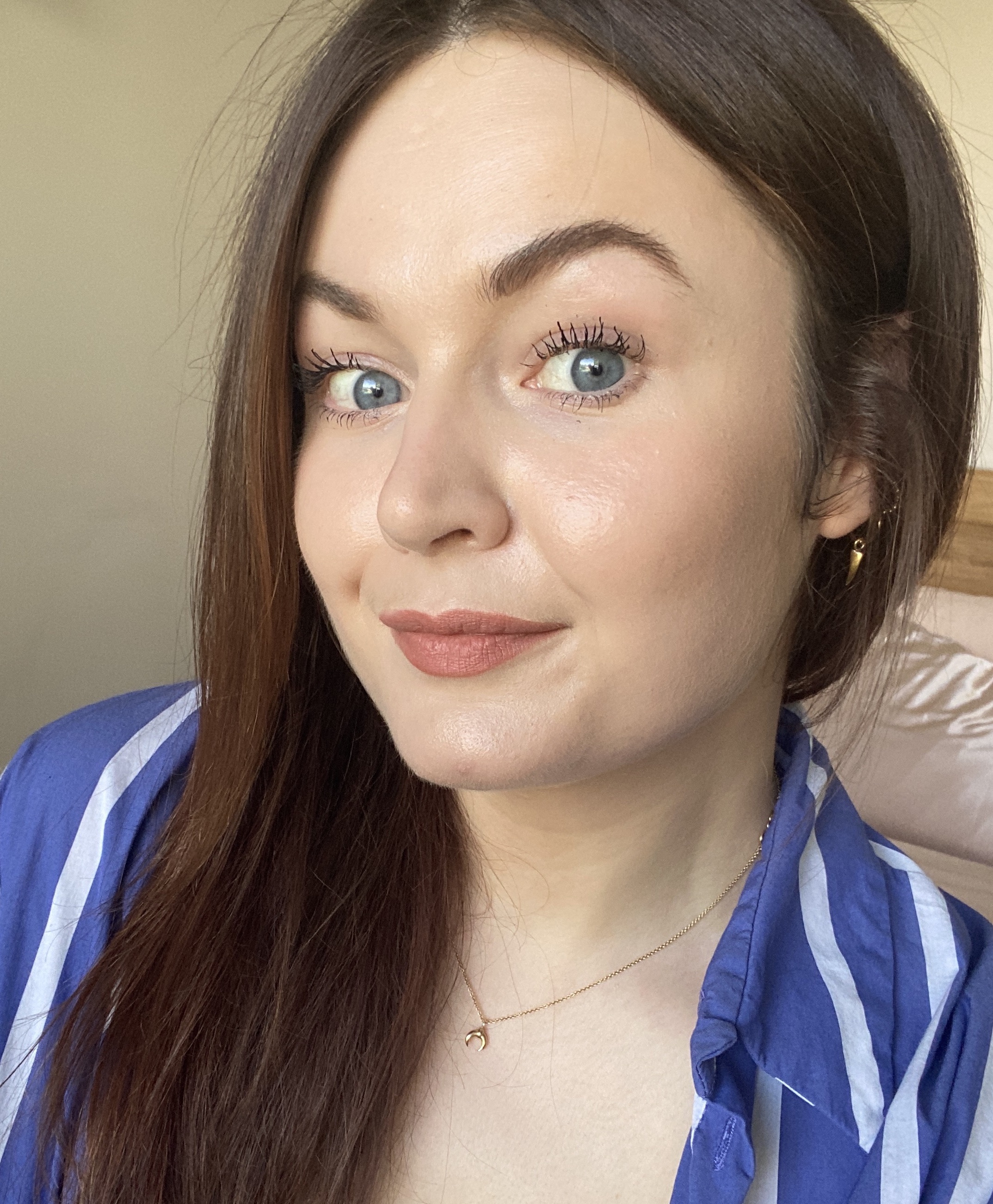The most Googled hair loss questions of 2020, answered by a doctor
Thinning hair concerning you? An expert answers all of your burning questions


As we get older, a degree of thinning hair is inevitable. But if your level of hair loss is causing you a lot of distress or concern, it’s understandable to want to stop the knock-on effect to your confidence.
A normal amount of shedding is considered to be between 50 and 100 hairs a day, and although you're probably not counting, if it feels like you're losing significantly more than this it's always worth investigating.
Dr Bessam Farjo, hair loss expert and hair restoration surgeon, has answered the most Googled questions on the subject, from the causes of hair loss to what you can do to support your hair. Consider your burning questions on the subject well and truly answered…
Does Covid affect hair loss?
Unsurprisingly, one of the most searched-for questions involved this year’s unprecedented health crisis – but unfortunately the jury’s out on whether the virus impacts hair loss.
“It’s currently under investigation and the short answer is, we just don’t know yet," Dr Farjo says. "It’s more likely to be physiological strain and stress from the virus causing the hair loss. For example, you might test positive for covid, but if you’re asymptomatic then it’s unlikely you will experience hair loss.”
MORE: Salon warns Covid survivors could suffer dangerous reactions to hair dye
Does a vegan diet cause hair loss?
“Possibly. If the vegan diet is deficient in protein and iron intake then that may cause thinning of the hair as these are vital for hair health.
Sign up to our free daily email for the latest royal and entertainment news, interesting opinion, expert advice on styling and beauty trends, and no-nonsense guides to the health and wellness questions you want answered.
“I would recommend Florisene supplements for iron deficiency in women if you think this might be the case, but it’s always worth considering a consultation with a trichologist or hair loss expert if you’re having hair loss issues.”
Lamberts Florisene, £24.95 for 90 capusles, Amazon
Will hair loss from stress grow back?
“The short answer is yes,” Dr Farjo confirms, “but of course, it’s a very complicated issue and it’s worth mentioning that it will take time to come back.
“Sometimes stress can compound a hair loss condition that you already have, but all things being equal and if you can minimise the stressful elements, then it should come back.”
What's the best shampoo for hair loss?
When it comes to thinning hair, it’s best to seek out shampoos with volumising properties or those that support growth rather than those that promise to stop hair loss.
“To be completely transparent, there isn’t a shampoo that’s good for hair loss,” Dr Farjo says. “If it’s going to fall out, a shampoo won’t be able to prevent it. That said, there are two elements in a shampoo that have some claims that can help with hair growth – but it’s important to caveat that the science behind it is a little weak."
Dr Farjo notes that caffeine has been proven to positively impact hair growth – but there's a catch, as this has only been proven in labs.

“This is a different situation to someone actually using it on their scalp as temporarily as a shampoo; theoretically it can help, but there are no significant studies from consumer trials showing that it can boost hair growth in practice."
The second type of shampoo that may encourage hair growth is those containing Ketoconazole. Dr Farjo explains this is because it has an "anti-androgen" effect. "This is relevant because one of the main reasons/culprits for triggering hair loss is androgens in our system. Combined with other treatments, it might be a useful adjunct in managing hair loss.”
Are hair supplements worth it?
“If you feel your diet is not sufficient enough or you have certain conditions that are causing you to be deficient in certain nutrients, then yes taking some supplements may help with hair loss,” our doctor explains. “For example, if you lack in various vitamins – B, D, A and E – then supplementing with them could affect your hair.
“But if you are completely healthy, there shouldn’t be any need for hair supplements. If you do think you are deficient, Lambert’s Maxi Hair supplements is a good recommendation.”
Does a hair transplant damage existing hair?
“It might do if the hair transplant is placed in an area that already has a lot of hair,” Dr Farjo confirms. “When you cut or pierce the skin (which we do in a hair transplant procedure), the body detects it and brings various cells to help recover.
“If there is a lot of hair in the area we’re transferring donor hair to, then all this action could temporarily cause damage to the surrounding hair. As such, this is one of the issues we consider when assessing someone as a suitable candidate for hair transplant surgery. If they haven’t lost enough hair yet, then we often advise that it might be worth waiting a little longer.”
Consider your crash course in common hair loss questions complete.
Lucy is a UK-based beauty journalist who has written for titles including Marie Claire, Glamour and OK!, as well as contributing to woman&home. Her work covers everything from expert skin and haircare advice to beauty trends and reviews of the latest products. During her career she regularly speaks to the industry's leading hairdressers, dermatologists and make-up artists, has covered backstage at London Fashion Week and interviewed many a celeb about their beauty routine.

